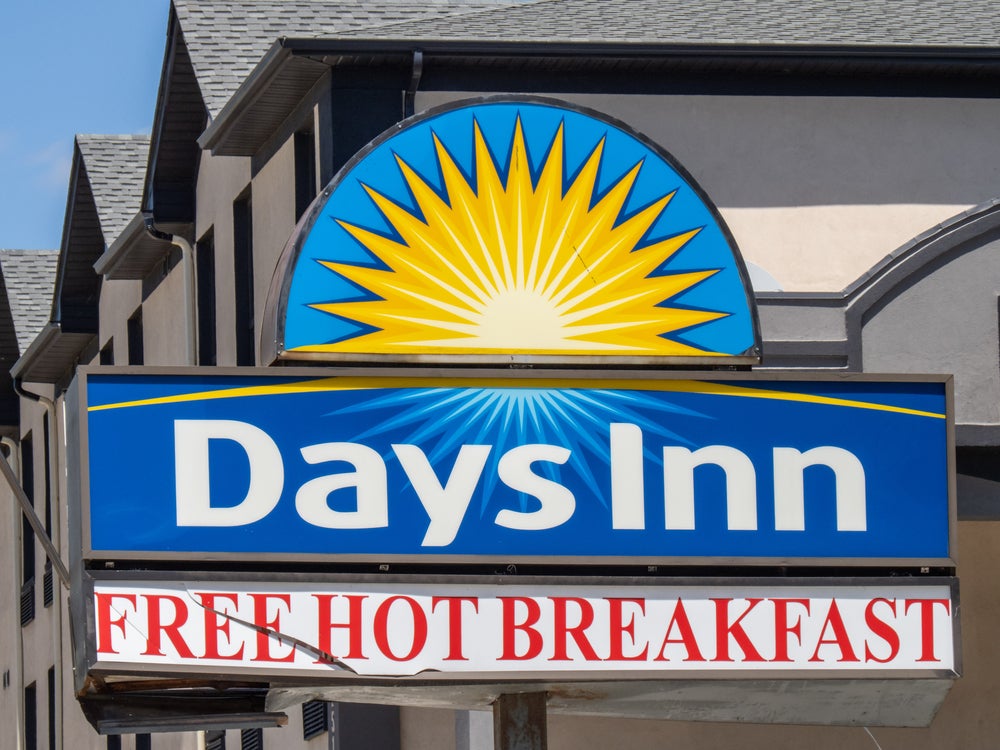
Complying with the new fire safety regulations has become a hot topic for hotels in England and Wales. The Regulatory Reform (Fire Safety) Order came into force in October 2006, replacing existing legislation.
Its supporters say it is a move towards more transparency. According to Fire Minister Angela Smith: “The new rules remove burdens from business, replacing over 70 pieces of legislation with a single reform. If your premises comply with current regulations, then the major difference is that the new rules are cheaper and easier to follow.”
Warren Triggs, an external consultant on health and safety for the Golden Tulip hotel group, adds: “The new regulations aren’t new at all but an advancement of the fire precautions workplace regulations that came into force in 1997. They remove the certification process where a fireman came round and inspected the premises and the burden was on the fire brigade. Now the burden is on the operators to produce a risk assessment.”
For hotels, a fire risk assessment means a thorough look at the premises and the activities that take place there to ascertain the likelihood of a fire starting. The fire risk assessment encourages good management of fire safety so that a blaze is unlikely to occur in the first place, and measures are in place to control or contain it if it does.
In the event of a fire, there must be provision for everyone in the building to escape. The person entrusted with this in all premises with five or more employees is legally known as the ‘responsible person’.
See Also:
Iain Cox, chairman of the Chief Fire Officers Association, explains: “Compliance should be straightforward for those businesses that meet the existing standards. All employers and others who have a responsibility for fire safety are urged to check their procedures by using the self-assessment available on the Fire Gateway website.”
How well do you really know your competitors?
Access the most comprehensive Company Profiles on the market, powered by GlobalData. Save hours of research. Gain competitive edge.

Thank you!
Your download email will arrive shortly
Not ready to buy yet? Download a free sample
We are confident about the unique quality of our Company Profiles. However, we want you to make the most beneficial decision for your business, so we offer a free sample that you can download by submitting the below form
By GlobalDataOne of the key things is to consider who is at risk if there is a fire. Hotels need to identify not just guests and staff, but also casual labour, visitors and visiting contractors, and where they are likely to be found.
It is also important to consider people who may be especially at risk. For instance, those sleeping could be disorientated and slow to respond, and there may be employees who work alone or in isolated areas.
Triggs adds: “One of the most important provisions is for disabled people and there are still inconsistencies across the UK.” The government’s guidelines state that enough escape routes should be available, but do not offer any definite method as to how this should be achieved.
Fires generally start when smoking materials are not properly extinguished, lights are knocked over, electrical equipment is not properly maintained or waste is allowed to accumulate near a heat source, while arson can include setting fire to rubbish bins placed too close to a building.
Hotels should look critically at their premises and identify any accidents waiting to happen as well as situations that present opportunities for would-be arsonists.
The new legislation emphasises preventative measures, but a plan of action in the event of a fire is also crucial. All employees that have a supervisory role if there is a fire should be given details of the fire risk assessment and receive additional training.
As Douglas Cameron, safety and security risk director for Hilton International, confirms: “The health and safety of our guests and team members is always one of our key priorities. The main difference with the new legislation is that senior hotel management are required to have a greater understanding of fire safety issues, such as structural integrity and fire detection and alarm systems.
“In addition, management teams must demonstrate greater accountability and control of fire safety issues and hold more regular meetings to ensure fire safety issues are understood and followed.”
In the government’s guide to fire risk assessment, it recommends regularly checking all fire doors and escape routes and related signage and emergency lighting as well as firefighting equipment, fire detection and alarm systems and keeping a log book of all tests and maintenance.
Both Hilton and Golden Tulip are doing their bit, but what about the rest of the industry in England and Wales?
Steve Kingsnorth, managing director of Pyrotec, which sells fire extinguishers and fire alarms, says: “Since the new regulations were announced, we have noticed an increase in businesses requesting advice and information about how to ensure their premises comply. In particular, there has been a greater demand for fire training as more responsibility is being placed on owners and managers.”
But the message is not getting through to everyone, according to a recent survey by hospitality purchasing organisation Beacon, which is also the purchasing division of Best Western Hotels. Although it found the hotel sector was the most clued up of all those involved in the hospitality industry, including bars, pubs and restaurants, over a third
weren’t fully aware of the new requirements.
Chris Arnold, Beacon’s strategic head of purchasing, says: “Obviously, the safety of guests and patrons is of the utmost importance in the hospitality industry. It is therefore very worrying that such a large proportion of businesses are not aware that they need to comply with the new rules.”
Meanwhile, Trevor Dean, principal fire safety officer at independent safety management firm National Britannia, warns: “Those who fail to comply with the regulations are putting themselves in a vulnerable position, which could result in prosecution, fines, damage to reputation and, in the most serious cases, fatalities.”
The fire and rescue services will be carrying out audits to check that hotels and other premises are fully compliant, and where standards are not acceptable they will aim to work with the responsible person to identify a suitable solution.
As Iain Cox explains: “Formal enforcement action using notices or the courts is very much a last resort. The Building Research Establishment, which worked closely with the then Office of the Deputy Prime Minister, has developed guidance in line with the new legislation. It provides training courses on carrying out the fire risk assessment, both for responsible persons and those wishing to become fire assessors. In addition, it has published a fire safety guide for hotels.”
As far as newbuilds are concerned, the fire detection and warning arrangements and escape routes should have been installed in accordance with current building regulations and it is likely that these measures will be satisfactory as long as they are properly maintained.
A significant proportion of hotels in England and Wales of course are older, sometimes listed, properties, but nonetheless have to comply with the requirements. Striking a balance between the fire safety measures and ensuring that the character of the building is maintained is key.
But whether you are running an airport hotel or countryside manor, Cox says: “Our overriding aim is to reduce the number of fires, the number of people killed and the risk to business from fire.”





